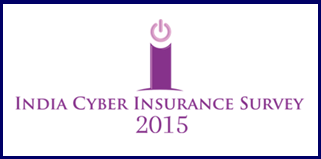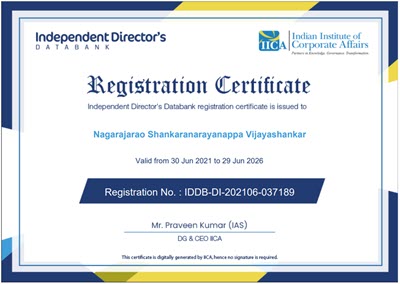In a first of the kind verdict in JMFC Court, in District Pune, Khed, a Cyber Cafe owner was punished for not keeping the visiting register with an imprisonment of 15 days and a fine of Rs 10000/-
The conviction has been done under Section 67C of ITA 2008 and Section 188 of IPC.
Section 67C is for preservation of records and states as under:
Preservation and Retention of information by intermediaries
(1) Intermediary shall preserve and retain such information as may be specified for such duration and in such manner and format as the Central Government may prescribe.
(2) Any intermediary who intentionally or knowingly contravenes the provisions of sub section (1) shall be punished with an imprisonment for a term which may extend to three years and shall also be liable to fine.
Section 188 of IPC states as under:
Disobedience to order duly promulgated by public servant.—
Whoever, knowing that, by an order promulgated by a public servant lawfully empowered to promulgate such order,
he is directed to abstain from a certain act, or to take certain order with certain property in his possession or under his management,
disobeys such direction,
shall, if such disobedience causes or tends to cause obstruction, annoyance or injury, or risk of obstruction, annoyance or injury, to any person lawfully employed,
be punished with simple imprisonment for a term which may extend to one month or with fine which may extend to two hundred rupees, or with both; and
if such disobedience causes or trends to cause danger to human life, health or safety, or causes or tends to cause a riot or affray, shall be punished with imprisonment of either description for a term which may extend to six months, or with fine which may extend to one thousand rupees, or with both.
Explanation.—It is not necessary that the offender should intend to produce harm, or contemplate his disobedience as likely to produce harm. It is sufficient that he knows of the order which he disobeys, and that his disobedience produces, or is likely to produce, harm.
Illustration An order is promulgated by a public servant lawfully empowered to promulgate such order, directing that a religious procession shall not pass down a certain street. A knowingly disobeys the order, and thereby causes danger of riot. A has committed the offence defined in this section.
It is interesting to observe that under Section 67C, the Government of India has not notified any rules. There is however a rule for Cyber Cafe owners under Section 79. This requires formalities of “Registration” for which a Registration Agency should be there. This has not been notified by the Central Government.
However certain States might have issued notifications under either ITA 2000/8 or other State Laws where the record requirements might have been specified. If no such orders are there, it is difficult to see how Section 67C can be invoked.
As regards Sec 188 of IPC, some annoyance or injury must have been caused to a person (probably a public servant) by an act of disobedience of an order. Not sure if not maintaining the records per-se falls into this category.
However, other information available indicates that the Cyber Cafe owner had earlier sent a “threatening” email to the Police Commissioner. Probably this case was originally filed under Section 66A and later that section might have been dropped.
Any way it is interesting to note that Section 67C might have been invoked for the first time for a conviction. This needs to be taken note of by all Companies since there could be many non compliance issues of record keeping under ITA 2000/8 of which all of them are guilty. The CISOs and CEOs need to watch their backs.
Naavi












